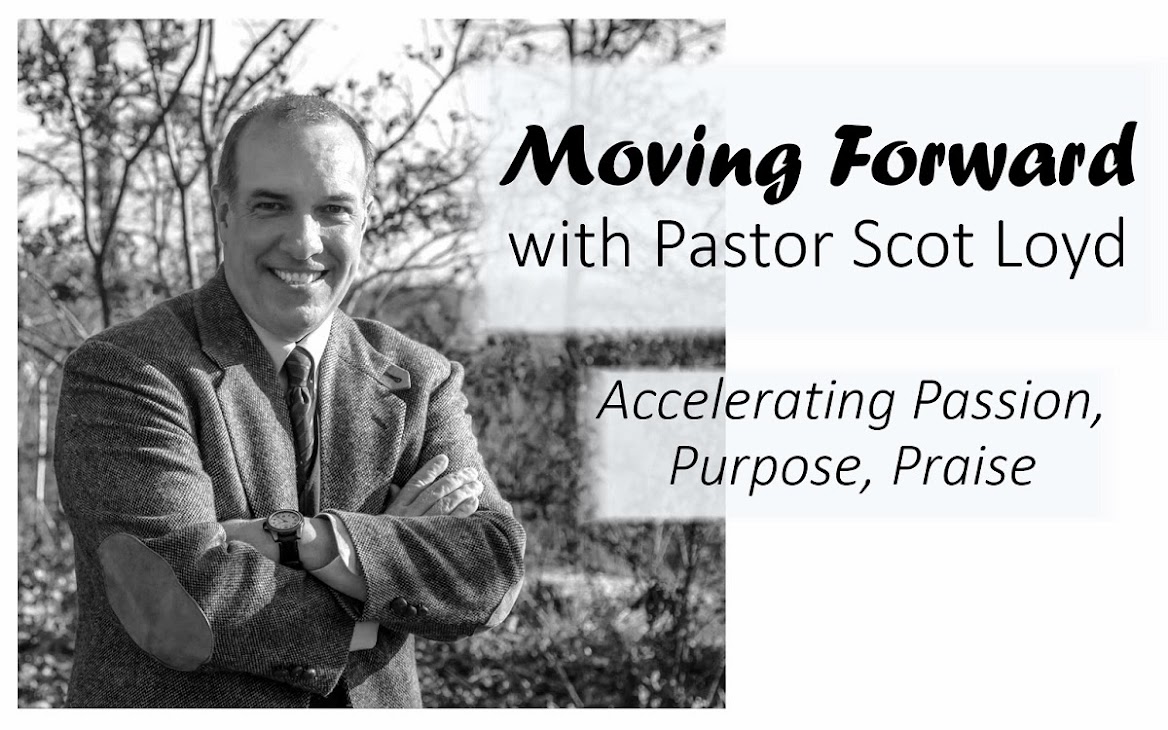In his latest book "A Call To Resurgence: Will Christianity Have a Future or a Funeral", Mark Driscoll points out that there are consequences to the decline of giving among the people of God. Pastor Mark does a good job articulating these consequences that I have witnessed in my time as a pastor. I want to list these consequences here and provide some of my observations in the context of the local church that support these assertions.
1. "Consumer Christians are consuming programs rather than committing to a church" Driscoll describes this as "...people who show up in church expecting to give nothing and receive everything." This often manifest itself in people leaving the church when the demands become to great and the perceived benefit fails to meet expectations in the areas of service oriented ministries such as music, youth or children's programs. This puts a tremendous strain on new and growing churches that cannot meet the demand due to limited resources, this also creates a challenge for larger churches that can meet these expectations. Because the result is shallow, immature, people who exist only to be served, yet refuse to serve as Christ and the early church modeled. As Driscoll observes, "Many modern Christians will take the best programs from every church while committing to no church."
2. "The church promotes causes instead of Christ" Driscoll rightly observes that "Young people tend to get excited about causes more than they do churches" This attitude results in an intense pressure on church leaders to focus on trends and the latest 'cause celeb' instead of staying true to the message of the cross and the mission of Christ. This attitude also leads to shallow emotional appeals for people to give. Resulting in no long term commitment to the church and the gospel, but lasting only as long as the guilt accompanying the manufactured moment. For the church to enjoy the impact of the last generation, this present generation must make a commitment to the local church, if not, the local church will increasingly become a place for only old people and children. If this happens the local church will eventually go the way of the dinosaur.
3. "Parachurch ministries siphon resources and undermine the health of the church" A Parachurch ministry is not a church. It is a ministry that focuses on a particular need within the church or community with varying degrees of success. Many times these particular ministries do not value or promote the importance of the local church in the spiritual health of those they are seeking to help, resulting in competition for limited resources. Often these ministries make demands of the local church, seeking to use resources or facilities to advance their mission, but refuse to assist in advancing the mission of the local church. To be clear, many of these ministries are doing a good job and deserve the support of the local church, but as Driscoll points out, "Many operate without any standard for membership or biblically qualified spiritual authority...the end result being people who are no longer actively and sacrificially participating in a local church." Jesus did not come to build ministries but the church. He clearly said that the "...gates of Hell shall not prevail against the church." So lets get excited about the right things and invest in the right mission.
4. "The supply line for global missions and ministry is drying up." Driscoll sums up this point with these words, "Unless something changes, however, there will soon be fewer Christians, giving less generously, while the global population and need rise." God calls us to give. God calls us to become "sons and daughters" of the local church. Unless we are willing to do this, and exhibit what one writer has called "long obedience in the same direction", the church will continue to be challenged facing the seriousness of the need and commission of Christ to go into all the world with the proclamation of the gospel.
As a Christian, I am continually re-evaluating my giving. And as a pastor I want to example what I ask of others. This is my prayer. Will you join me?





